As Dusk Falls review: gripping interactive drama
As Dusk Falls is the latest to model itself after the prestige dramas of HBO and Netflix
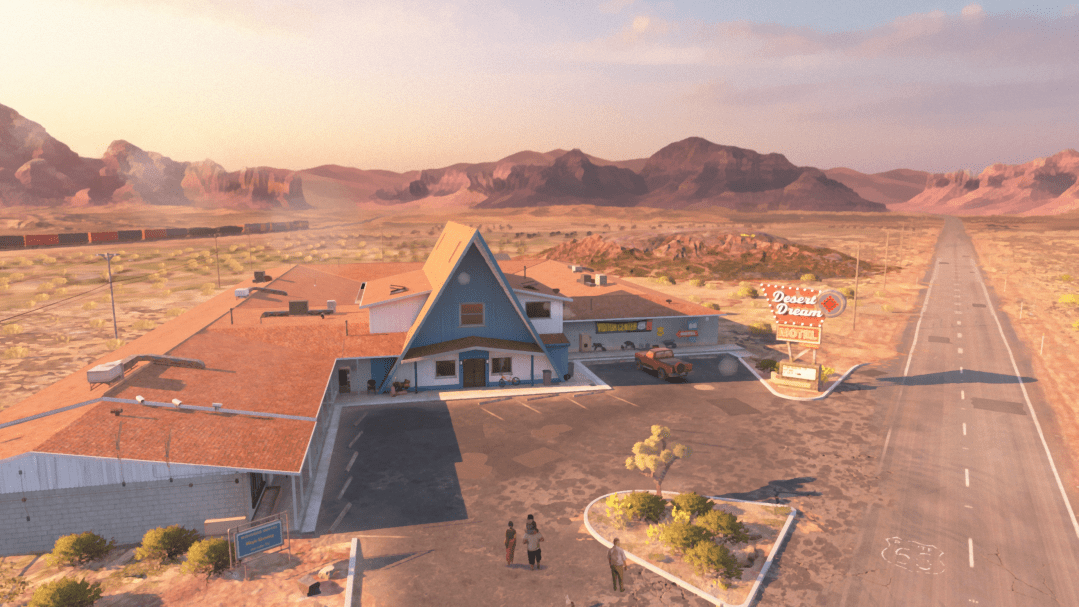
As massive as video games have become as mainstream entertainment, with many big franchises also getting adapted to the big and small screens, some developers are still keen to emulate film and TV.
As Dusk Falls is the latest to model itself after the prestige dramas of HBO and Netflix, more so the latter since this as a full game, all its chapters can be binged in one go. Its presentation is also radically different, neither opting for the lower budget stylised animation of the Telltale games nor does it pursue bleeding edge technology to produce the most realistic virtual actors.
Yet there is a focus on realism: in its writing, in its performances, and in the universal themes and values that grounds the extraordinary situations that someone faces, largely escaping a sledgehammer approach or high-concept gimmickry. The result is a story that’s quite unlike any you’ve experienced in a game before.
Paint it black
The first thing you’ll notice about As Dusk Falls is its painterly art style, which might remind you of Life Is Strange, until you realise what you’re seeing are actually paintings. Well, to be more precise, the characters aren’t 3D models but real actors filmed in live-action before select individual frames of their performances are hand-painted over and used in-game. Think of Richard Linklater’s rotoscoping animation films like A Scanner Darkly and Appollo 10 ½ but without the animations, giving you the feeling like you’re watching different panels of a graphic novel come together, or perhaps watching a sophisticated series of storyboards.
Yet once you do focus on what’s important, the actors’ faces and the multitude of nuanced expressions that can occur within a second of each other, the quirks of this approach does actually make sense and these accurately captured emotions are more convincing than decades of AAA photorealism that can’t quite escape the uncanny valley.
There’s also no reliance on any stunt celebrity casting, which works in the favour of the game’s incredible body and voice actors working together to portray seemingly ordinary people caught up in extraordinary circumstances. Set mostly in 1998 during one long night in a highway motel in small town Arizona, the drama that unfolds is so refreshingly free of the usual high-concept genres or gimmicks that often defines other narrative games, instead just purely focusing on the characters and their choices, all made by you the player.
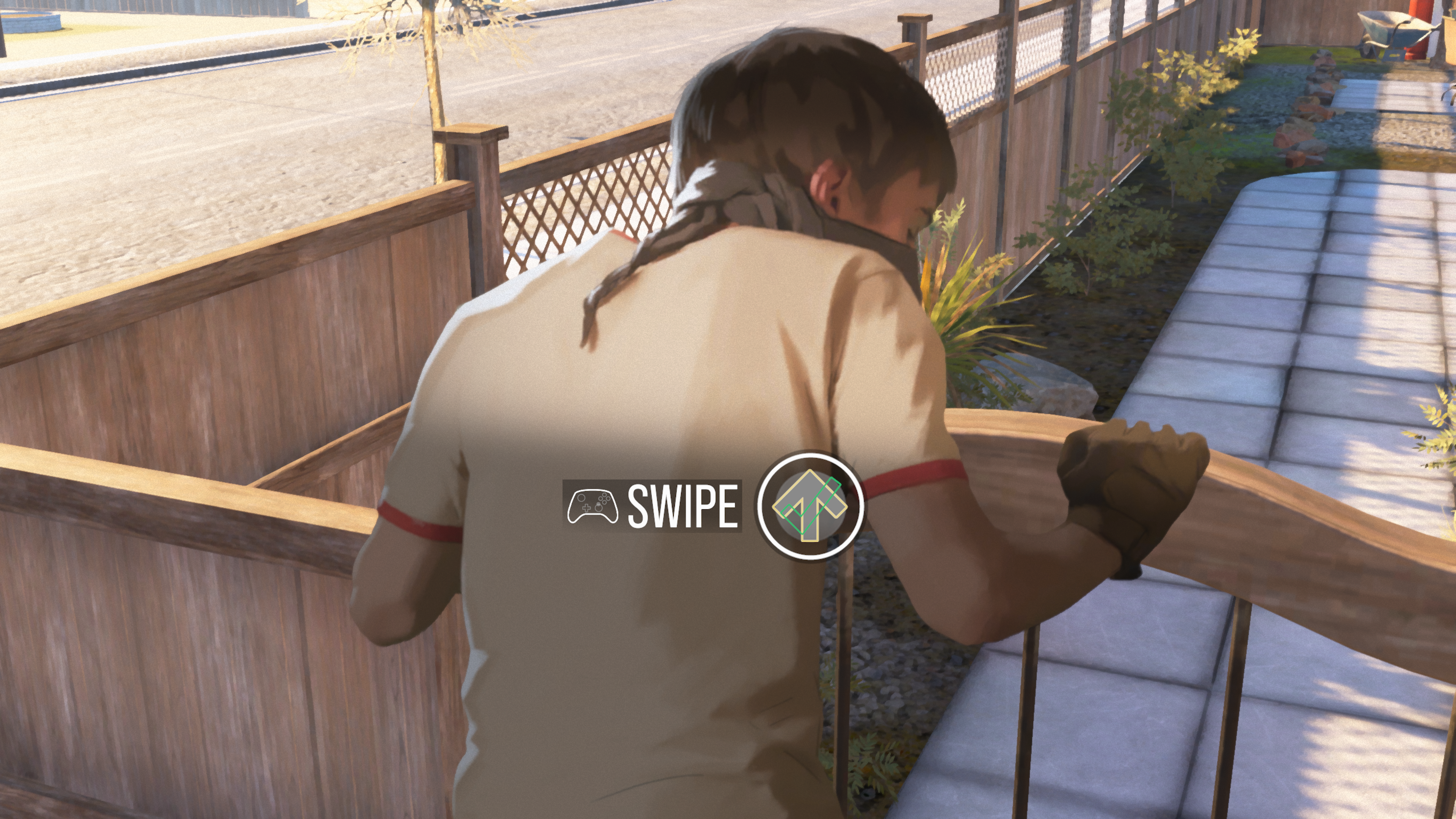
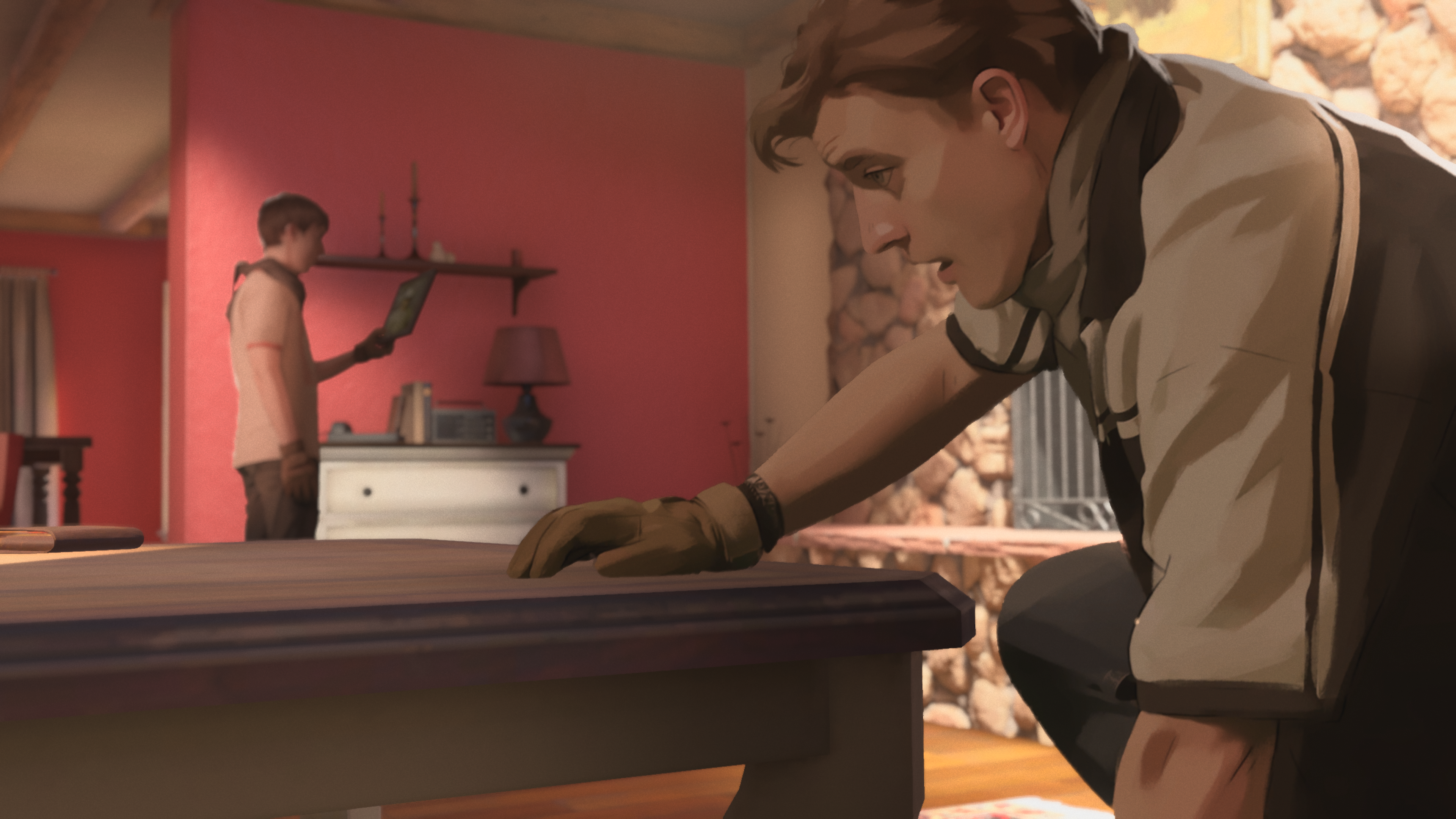
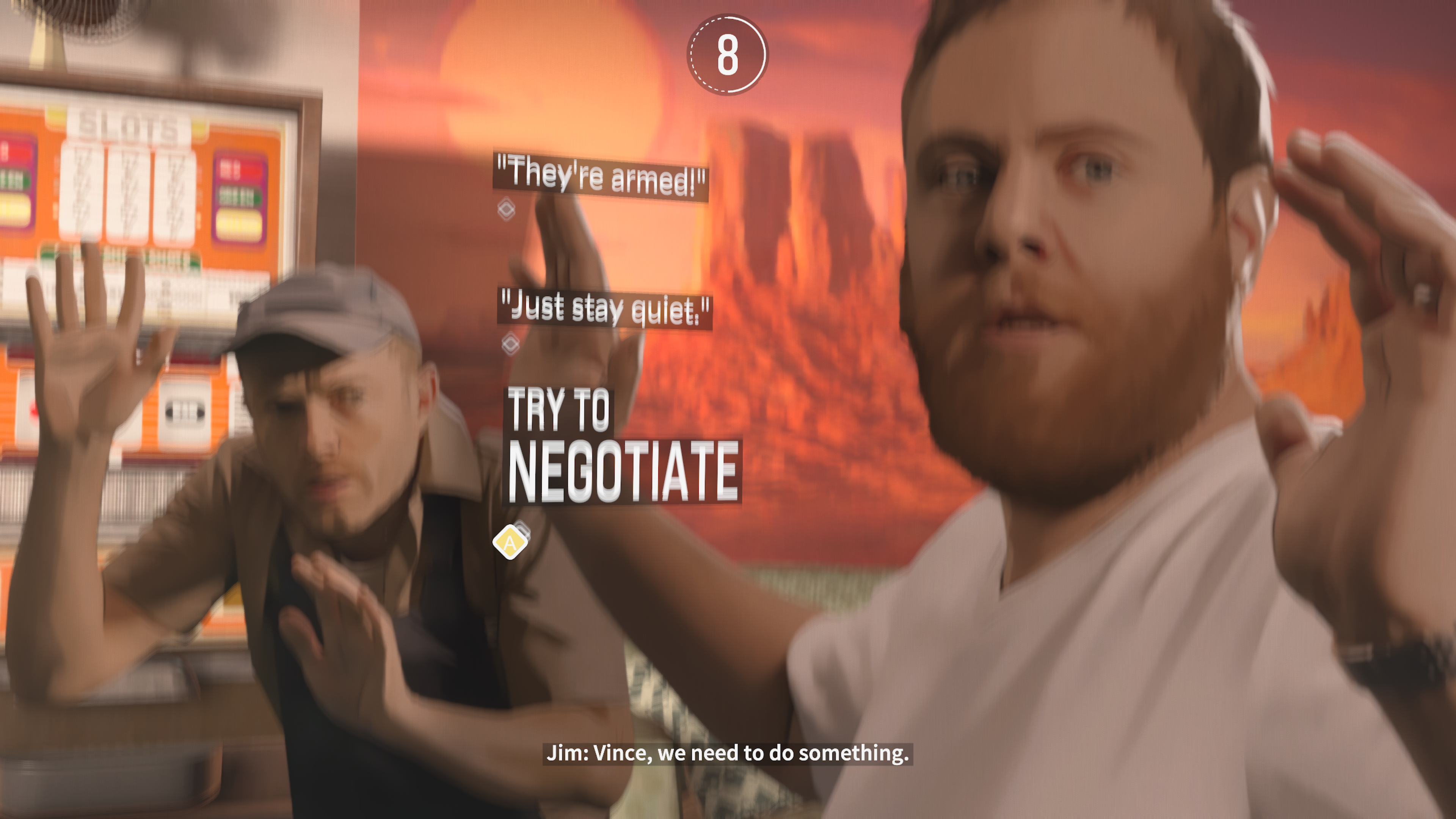
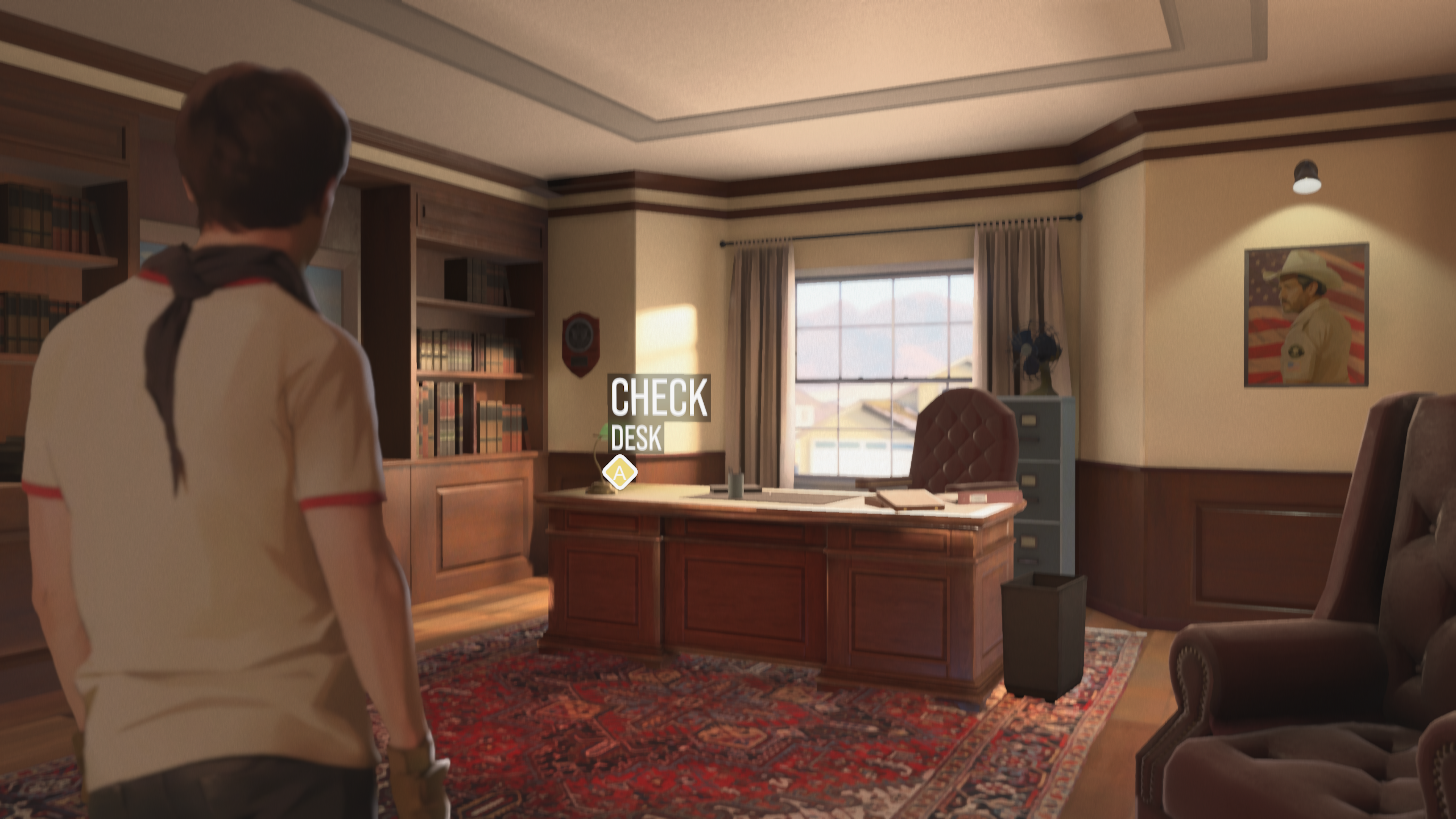
At Crossroads
Although the opening might lead you to assume this is from the perspective of a young woman thinking back to an incident that has resulted in anxiety and trauma for many years later, As Dusk Falls is actually structured like how many of the best TV shows are, as a huge and diverse ensemble of characters from different backgrounds and generations, each painting a picture of the world they inhabit; including those who you might assume to only have a supporting role.
If we’re to just give a simple description, it’s about how two very different families find their lives entangled with one another one night. There’s Vince, a man who’s taking his family to a new life in St. Louis and still haunted by many unresolved conflicts both personally and professionally. Meanwhile, caught on the wrong side of the tracks are three brothers, who decide to take their family’s dire financial straits into their own hands by hatching a robbery that goes from bad to worse.
While it’s tempting to take a side, changing perspectives and flashbacks help give us a more nuanced portrayal of what every character is going through. This factors in some of the extreme measures some may be willing to take. For one example, the youngest brother Jay may be the most sympathetic who’s forced to go along with his older brothers’ hare-brained plans but then we also see that they too have suffered hardships under their physically abusive father, and even then, this patriarch isn’t left as just a two-dimensional villain like he could have been.
Of course, other people will have their own thoughts on the matter, which is what makes As Dusk Falls’ narrative choices so fascinating, which could just be a change of tone, while others are clearly marked as a crossroads in the story with wide ramifications, which may even lead to a character’s death. But the game frames your decisions by concluding each chapter with a summary that reveals something about you, such as your traits – do you try to be kind, try to find the lightness is a situation, or seek confrontation? – or what values you have based on the decisions you make. Knowing this, a playthrough may perhaps reflect closer to your own personal convictions rather than just cynically selecting the best or worst response (although there’s nothing stopping you from experimenting in subsequent playthroughs).
Cuts and bruises
Part of why As Dusk Falls stays so gripping is that choices are frequent enough that you never really want to take your hand off the controller, but it’s also so tightly paced like a normal TV show, with each chapter lasting about an hour while employing similar cuts to deftly jump between timelines and perspectives that never feel jarring. That said, the strength of the motel scenes in the first half means that what follows is a little less focused, while the game’s attempts to time-jump forward is never as interesting as discovering the how or why in the backstories.
It’s also in the action sequences where the game’s art style is less effective, with sound design doing the heavy lifting that a few static images blurring between each other doesn’t quite pull off, or at worse falling back on annoyingly quick time events (you can at least customise these to remove mashing prompts, for instance). We also found the set-up and pay-off of some action-based choices don’t always align, such as how we’re given the choice to not warn a rather loathsome character that he’s about to be attacked from behind, only for him to escape the assault regardless, though this nonetheless still alters the relationship between the two characters.
While the saying goes that actions speaks louder than words, in As Dusk Falls, it’s ultimately your intent and choices (or indeed doing nothing, which is also a choice) that carry the most weight, setting the gears in motion for starting conversations or going down a path that could well change lives. If nothing else, it’s enough to provoke drama amongst those you’re playing with.
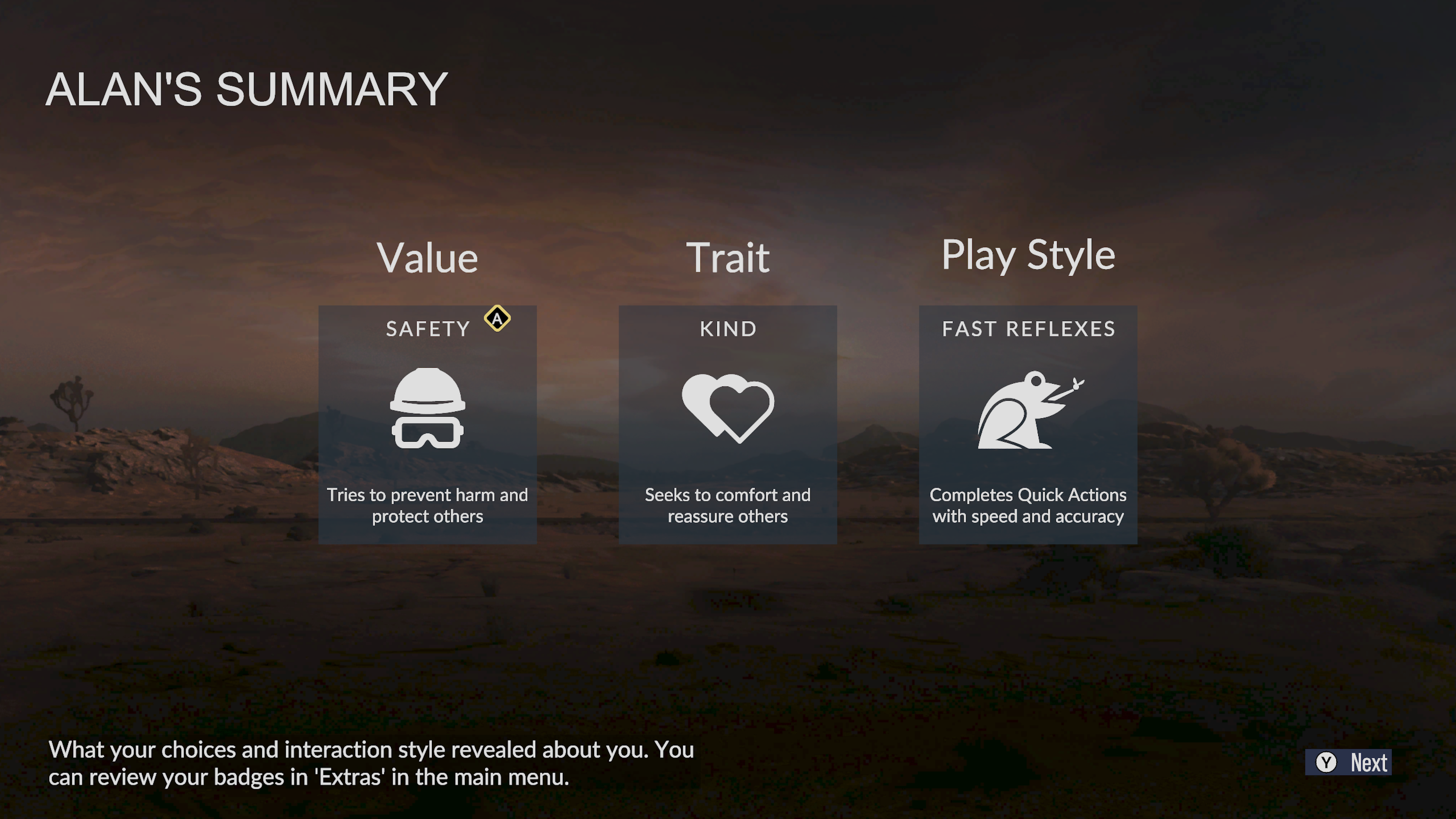
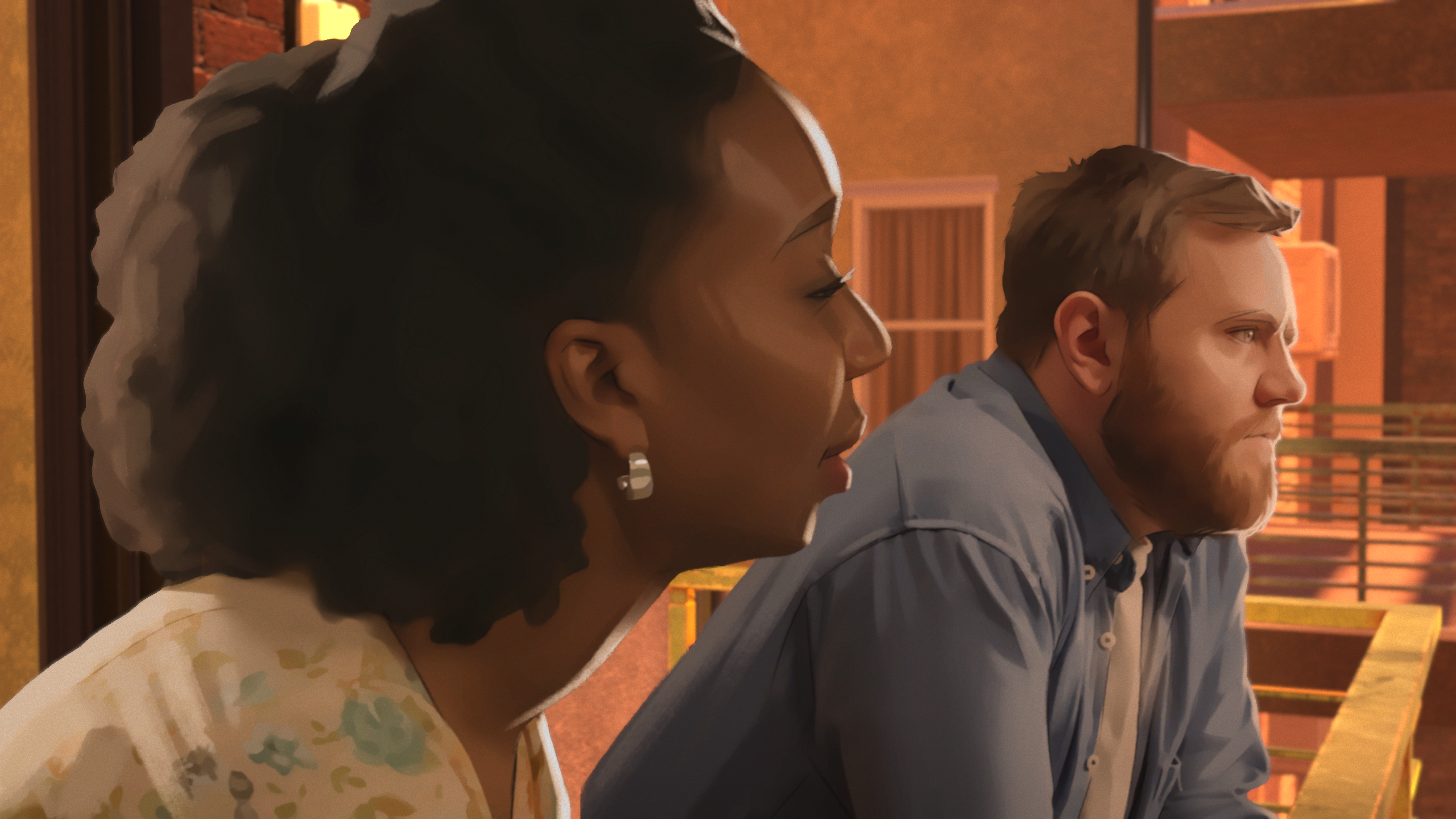

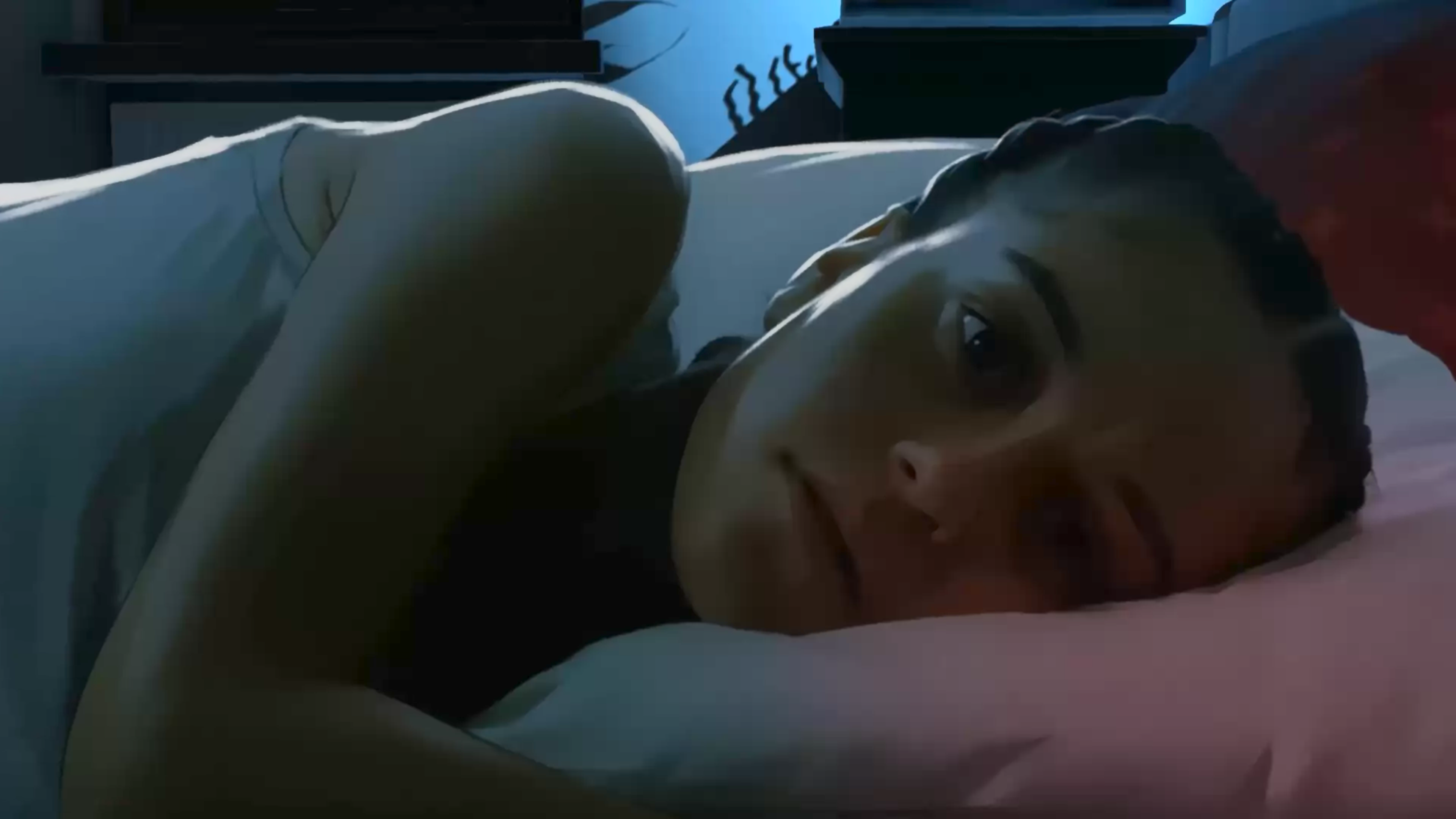
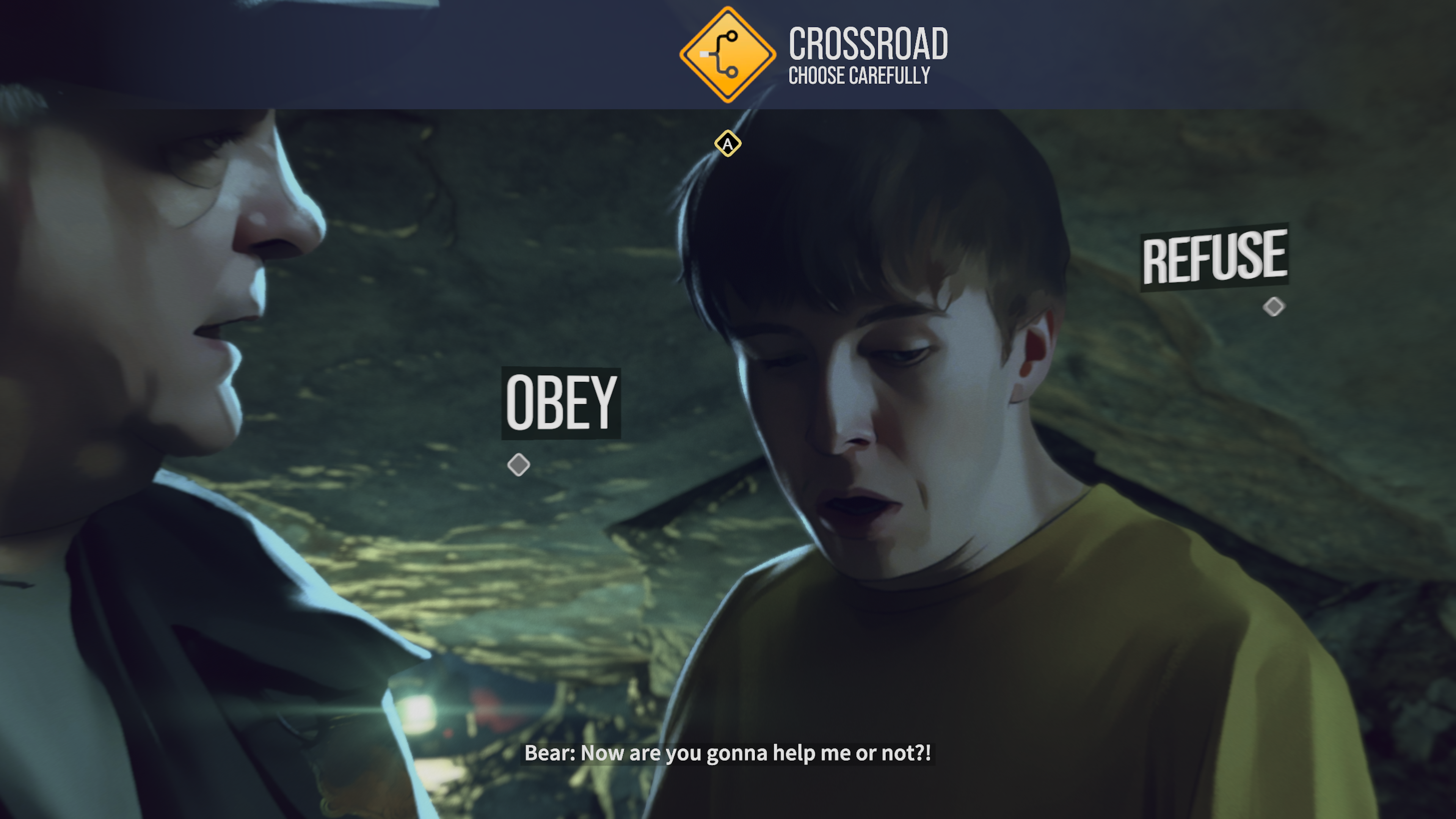
Verdict
It’s hard to pin down in a single line what exactly makes As Dusk Falls so appealing and compelling as a drama, though its themes of family, crime, and redemption, is universal and having this explored through a diverse cast of multilayered characters means there’s a bit of something for everyone to resonate with, even if the art style may take a while to convince.
Nonetheless, free of the usual genre tropes other games tend to rely on to and instead focusing on a grounded story about real people framed through choices that make the player question who they are and what part of themselves they’re bringing to the story, this is as gripping as any boxset that keeps you pinned to your seat.
Stuff Says…
Keep an open mind on its peculiar art style and you’ll be rewarded with one of the most gripping interactive dramas of the year
Good Stuff
Excellent performances faithfully captured by graphic novel aesthetic
Narrative’s relatable themes and topics both mature and diverse, making for conflicting choices
Effective flashbacks and scene changes, as well paced and edited as any TV drama
Bad Stuff
Visuals less convincing in action sequences
Second half not quite as strong as the first
